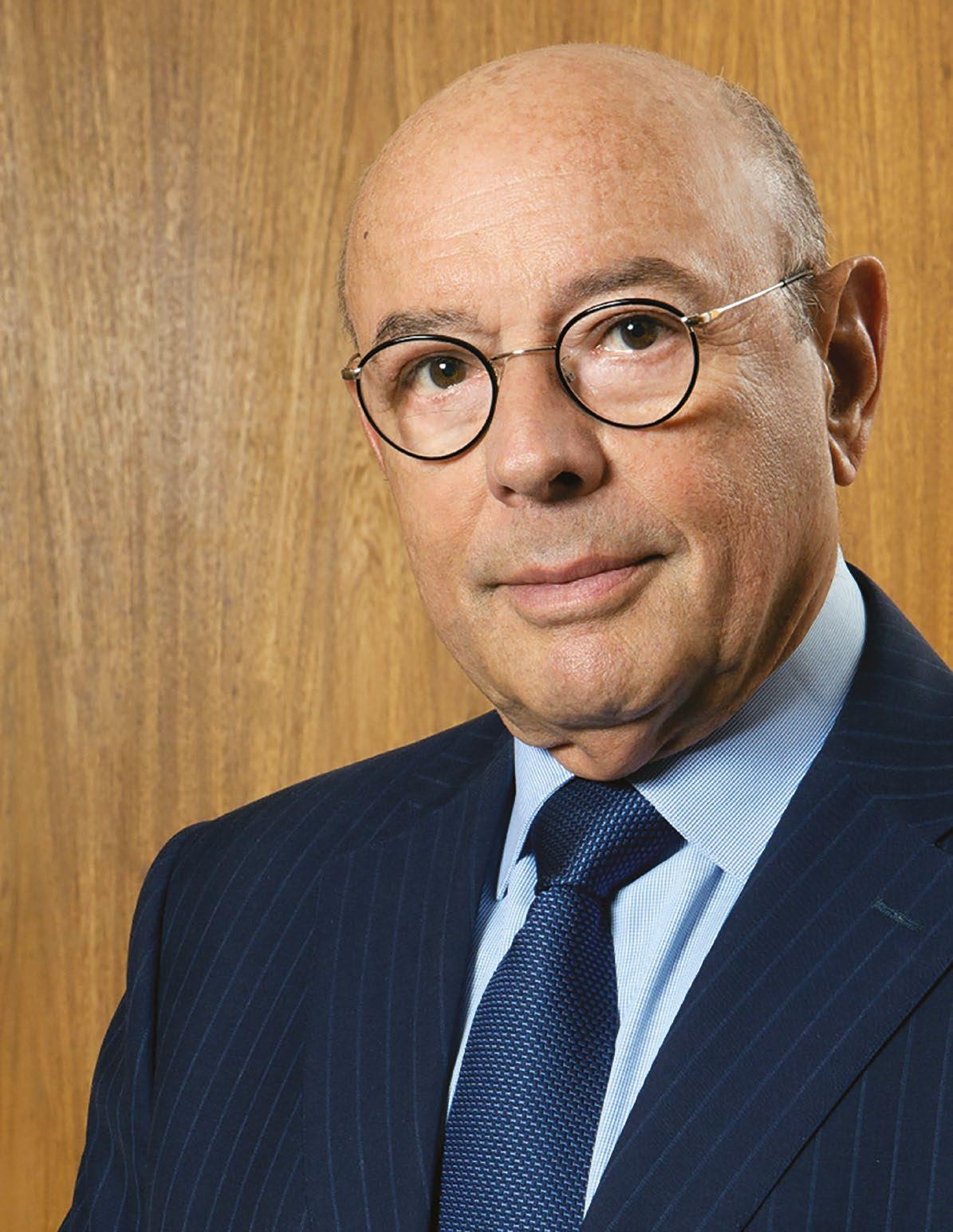
3 minute read
Debora Visconte
Visconte Abogados
São Paulo www.visconte.adv.br
Advertisement
debora@visconte.adv.br Tel: +55 11 98397 9787
Biography
Debora Visconte, partner of Visconte Advogados, a lawyer with more than 20 years of experience in conflict resolution, domestic and international arbitration; PhD and Master’s degree in international law by the Law School of USP; LLM by the London School of Economics – LSE; vice president of CBAr; board member of the Câmara de Conciliação, Mediação e Arbitragem CIESP/ FIESP; member of ICC’s Global Arbitration and ADR Committee; president of the ICC’s Brazil Arbitration and Mediation Committee.
I had the opportunity to work, as counsel, in 1998 at the outset of the landmark case of Renault v CAOA in establishing that the arbitration convention was enforceable. At that point the issues of incomplete arbitration clauses or competence had not been discussed before the courts in Brazil. The clause mentions arbitration at the ICC and we had to demonstrate that this information was sufficient to start the arbitration and that jurisdiction should be assessed by the arbitrators. During this case I got accepted for a LLM at LSE and decided to study and pursue a career in arbitration.
What qualities make for an effective arbitrator?
I believe that what makes me an effective arbitrator is that I dedicate myself with full heart to everything I do. I have a strong academic background but am very openminded as to the facts of the case.
How did covid-19 affect your practice and to what extent do you see these effects being long-term?
Covid-19 affected my practice by way of transforming meetings, hearings and seminars in presence to virtual hearings. And also expanded energy-related proceedings in the sense to analyse if they were related to the commercialisation in the free contracting environment, considering the significant reduction in energy consumption of customers with high demand (free and special), with the adoption of social isolation by state governments, in addition to the retraction in prices of long-term contracts. In this context, the question normally arises if the pandemic resulting from covid-19 should be characterised as a fortuitous event or force majeure, justifying the amendment or even the termination of the contracts then formalised in the free energy market?
In your opinion, what are the benefits and challenges of virtual hearings? What role do you see them having in the future of arbitration?
The benefits of virtual hearings are the costs and the fact that they are easier to fit in the agenda of the arbitrators, counsels and witnesses. I understand that the virtual and hybrid hearings will continue to be used in the future except for cases where the issues involved and/or witnesses are too sensitive.
What is the most memorable dispute you have been a part of, and why?
The most memorable dispute I was involved in was a dispute that involved a first-tier Brazilian bank and a key company in the real estate business. The dispute involved a financial contract, a merger and undefined financial targets. The bank-initiated arbitration against the real estate company alleging that they had not fulfilled the target and had to return the investment. The case rested on the interpretation of what variables composed the formula.
How do you see the role of arbitrators evolving in the next few years?
I believe that the role of the arbitrators will evolve in a sense to best customise the proceedings to the dispute in order to regain effectivity and lower costs. International arbitration has progressed and evolved significantly over time and especially in recent decades. However, it still strives to find appropriate solutions to common problems and harmonise the different approaches to resolving international disputes in search of a common standard.
As founding partner of Visconte Advogados, what are your main priorities for the firm’s development over the next couple of years?
As the founding partner of Visconte Advogados my priority is to expand my international practice. Plus, my firm is small with two practitioners and I, whose family lives outside of São Paulo. We worked in home offices up until now and at this point, we are looking for new and smaller premises so we can also connect in person.
What advice would you give to someone looking to set up their own firm?
I would recommend that beyond dedicating herself/himself to the cases, that they dedicate her/his time to the development of the arbitration market and community. Brazil is an arbitration friendly jurisdiction, but challenges to arbitration practice in the country still exist, and efforts to further improve the system in Brazil are still warranted.
WWL says: Debora Visconte is “an excellent professional on arbitration” whose “very efficient approach” makes her a market favourite as an arbitrator.










